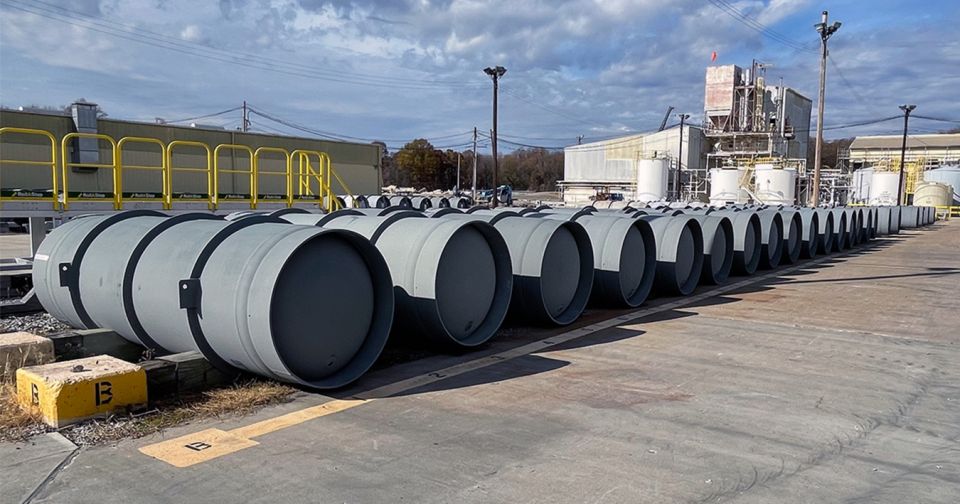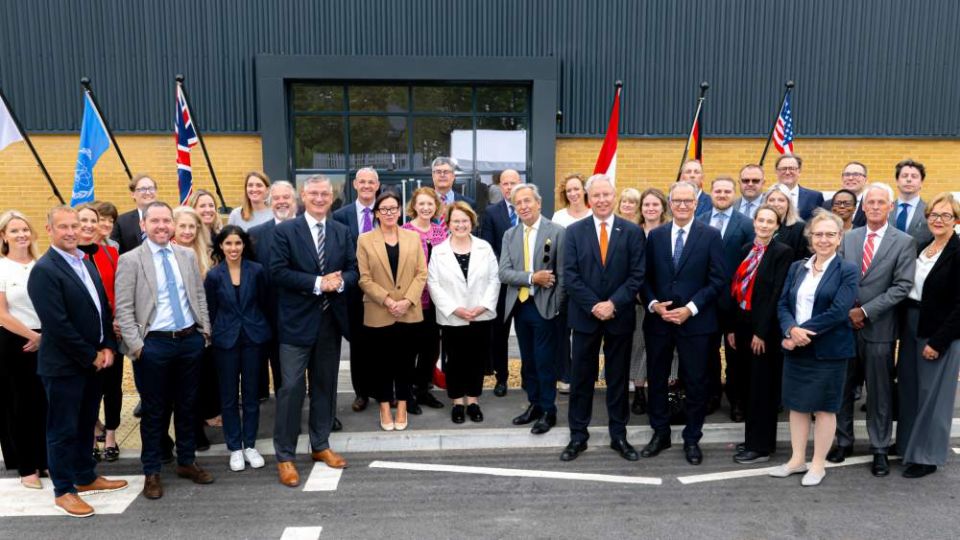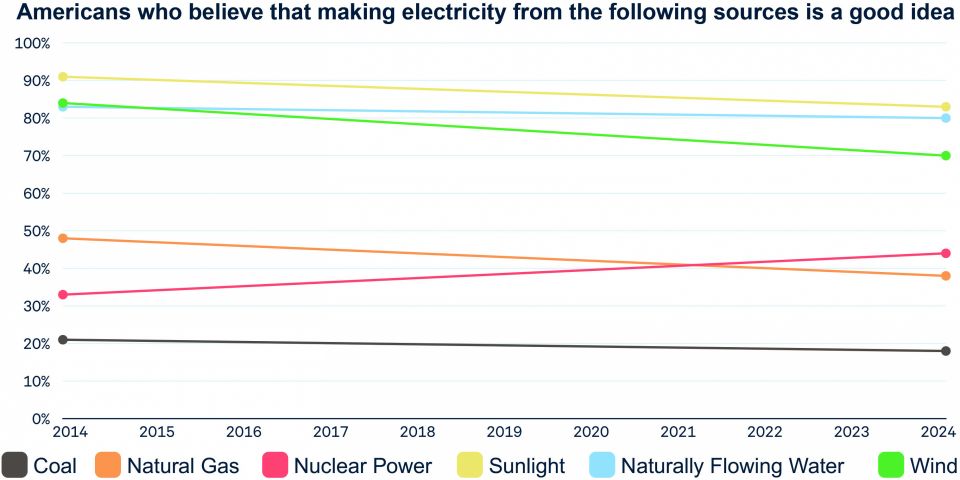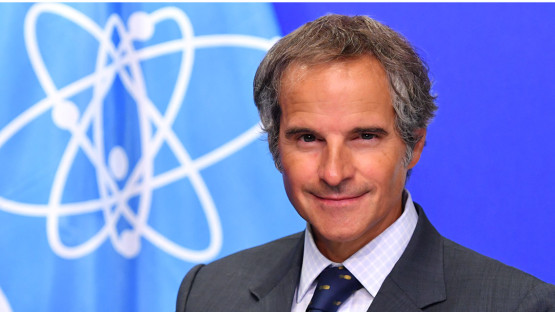New U.K. report: Young people want to know more about nuclear
 Almost two-thirds of 14- to 18-year-olds in the United Kingdom would consider a career in nuclear if they knew more about it, according to a new report, Nuclear Energy: Young People’s Views on Nuclear Energy and Careers in the Nuclear Sector, from the British Science Association (BSA).
Almost two-thirds of 14- to 18-year-olds in the United Kingdom would consider a career in nuclear if they knew more about it, according to a new report, Nuclear Energy: Young People’s Views on Nuclear Energy and Careers in the Nuclear Sector, from the British Science Association (BSA).
About the report: The report was conducted as part of the BSA’s Future Forum program and was funded by Urenco, an international supplier of uranium enrichment services and fuel cycle products, as part of its commitment to education and skills development.
The report centered around an initial survey of 1,000 14- to 18-year-olds in England, Scotland, and Wales, with two follow-up workshops that were attended by 39 young people, providing the opportunity for more detailed responses.








